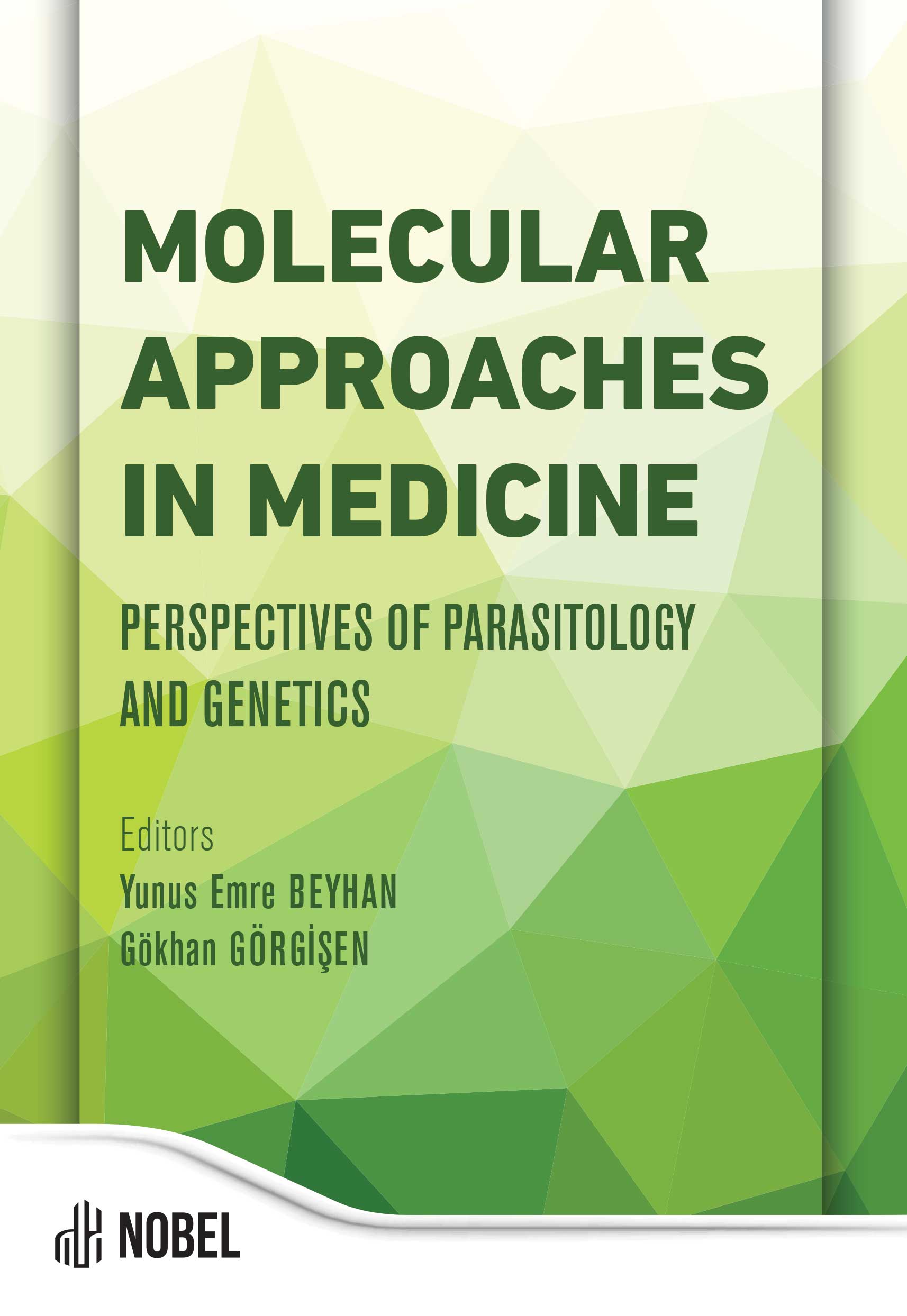Cystic Fibrosis: Clinical Characteristics, Molecular Mechanisms and Treatment
Cigdem Aydin Acar (Author)
Release Date:
Cystic Fibrosis (CF) is a genetic disorder that primarily affects the respiratory and digestive systems. This chapter provides a comprehensive overview of CF, including its pathophysiology, clinical manifestations, diagnosis and treatment. CF is caused by mutations in the CFTR gene, which encodes the cystic fibrosis transmembrane conductance regulator protein. This protein is crucial for the [...]
Media Type
Buy from
Price may vary by retailers
| Work Type | Book Chapter |
|---|---|
| Published in | Molecular Approaches in Medicine |
| First Page | 135 |
| Last Page | 151 |
| DOI | https://doi.org/10.69860/nobel.9786053359524.7 |
| Page Count | 17 |
| Copyright Holder | Nobel Tıp Kitabevleri |
| License | https://nobelpub.com/publish-with-us/copyright-and-licensing |
This chapter describes the main symptoms of CF, including chronic cough, progressive lung damage due to recurrent lung infections, and gastrointestinal problems such as pancreatic enzyme deficiency, malabsorption, and meconium ileus in newborns. CF can also affect the liver, sweat glands, and reproductive system. Diagnostic criteria for CF are discussed and the importance of newborn screening, sweat chloride testing, and genetic testing is emphasized. This chapter also reviews current treatment options aimed at managing symptoms and improving quality of life. The role of CFTR modulators, a new class of drugs targeting the underlying genetic disorder, is also highlighted and concludes with a discussion of new therapies and ongoing research aimed at finding a cure for CF.
Cigdem Aydin Acar (Author)
Associate Professor, Burdur Mehmet Akif Ersoy Üniversitesi
https://orcid.org/0000-0002-1311-2314
3Assoc. Prof. Dr. Cigdem Aydin Acar is a respected scientist with more than 40 publications in internationally prominent journals, specializing in genetic diseases, cancer biology, gene therapy and therapeutic nanoparticles. At the same time, she has been involved in many projects as a coordinator or co-investigator and has trained many graduate students. She is proficient in many techniques such as chromosome analysis and FISH, which are frequently used in the diagnosis of genetic diseases. She has been honored with awards from prestigious congresses such as Beta Cells in Health and Disease Congress and International Congress on Advances in Bioscience and Biotechnology. She worked in various positions at Akdeniz University Department of Medical Biology and Genetics, Gene Therapy Unit and Genetic Diseases Diagnosis Center. She also served in prestigious positions such as Vice Director and Head of Department at Burdur Mehmet Akif Ersoy University Bucak Health School. In recent years, she has focused on the development of nanoparticles with anticancer and antimetastatic properties.
Cystic Fibrosis Foundation Patient Registry. (2022). Patient Registry Annual Data Report. Bethesda, Maryland.
Turcios, N. L. (2020). Cystic fibrosis lung disease: an overview. Respiratory care. 65(2), 233-251.
| onix_3.0::thoth | Thoth ONIX 3.0 |
|---|---|
| onix_3.0::project_muse | Project MUSE ONIX 3.0 |
| onix_3.0::oapen | OAPEN ONIX 3.0 |
| onix_3.0::jstor | JSTOR ONIX 3.0 |
| onix_3.0::google_books | Google Books ONIX 3.0 |
| onix_3.0::overdrive | OverDrive ONIX 3.0 |
| onix_2.1::ebsco_host | EBSCO Host ONIX 2.1 |
| csv::thoth | Thoth CSV |
| json::thoth | Thoth JSON |
| kbart::oclc | OCLC KBART |
| bibtex::thoth | Thoth BibTeX |
| doideposit::crossref | CrossRef DOI deposit |
| onix_2.1::proquest_ebrary | ProQuest Ebrary ONIX 2.1 |
| marc21record::thoth | Thoth MARC 21 Record |
| marc21markup::thoth | Thoth MARC 21 Markup |
| marc21xml::thoth | Thoth MARC 21 XML |

